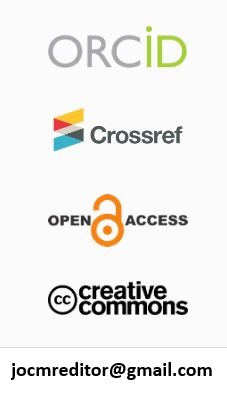
-
RENAL CALCULI RESOLVED FROM HOMOEOPATHY BY LYCOPODIUM IN LM POTENCY: A CASE REPORT
Volume 16 | Issue 4
-
DEVELOPMENT AND VALIDATION OF ALBENDAZOLE AND PRAZIQUENTAL BY USING RP-HPLC
Volume 16 | Issue 4
-
RP-HPLC METHOD DEVELOPMENT AND VALIDATION FOR SIMULTANEOUS ESTIMATION OF LINAGLIPTIN AND EMPAGLIFLOZIN
Volume 16 | Issue 4
-
DEVELOPMENT AND VALIDATION OF STABILITY INDICATING RP-HPLC METHOD FOR SIMULTANEOUS ESTIMATION OF AMOXICILLIN TRIHYDRATE AND CALVULANIC ACID IN PHARMACEUTICAL DOSAGE FORM
Volume 16 | Issue 4
-
DEVELOPMENT AND VALIDATION OF NOVEL STABILITY INDICATING RP-HPLC METHOD FOR SIMULTANEOUS ESTIMATION OF EPALRESTAT AND PREGABALIN
Volume 16 | Issue 4
A Fuzzy MCDM Approach for Prioritizing Iran’s Biotechnology Projects: A Practical Model
Main Article Content
Abstract
The problem complexity of multi-criteria decision-making (MCDM) is a great issue in the priorities of biotechnology, which need robust MCDM methods. Fuzzy MCDM uses fuzzy numbers to handle and measure inaccuracies and ambiguities. MCDM is capable of providing a methodical approach that simultaneously uses decision criteria (i.e., benefit and cost information) and decision makers' opinions in choosing the optimal alternative from a list of alternative options. The aims of this study were (1) to give a comprehensive view of factors contributing to the success of biotechnology in Iran, (2) to prioritize these factors, (3) to provide a model for solving diverse decision problems by determining biotechnology research priorities, and (4) to develop a comprehensive scientific roadmap for biological fields. We developed a fuzzy multiple criteria decision making (MCDM) model combines the Technique for Order Preference by Similarity to Ideal Solution (TOPSIS) in decision-making with fuzzy data, where the decision-making team acquires the ability to select the appropriate option in an environment of vague criteria. Detailed analysis is also presented. The ranking of projects and priorities was done using MCDM techniques, scientometric map-based verification, preparation of a tree of priorities and needs of universities and research centers. Priority areas in terms of universities and centers were extracted, including four key areas, 274 key sub-areas, 21 criteria, and 48 sub-criteria. and then allocated to the universities. These findings demonstrated that the prioritization findings were subject to a systematic ranking by fuzzy multiple criteria decision making (MCDM) model via all scenarios of weighting priorities.
